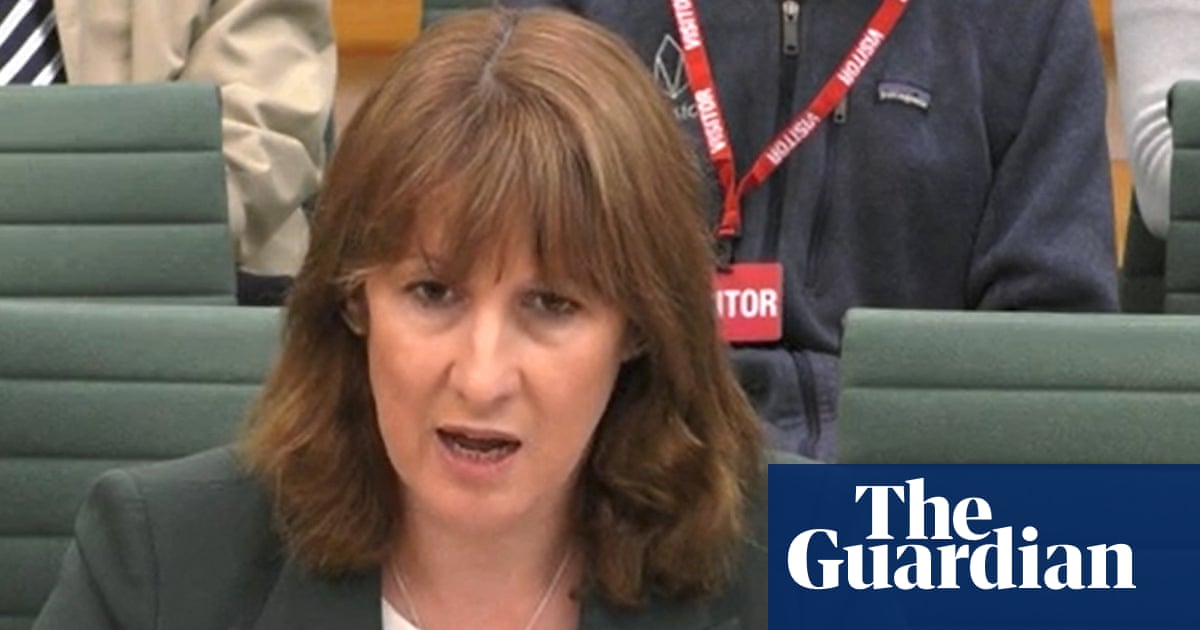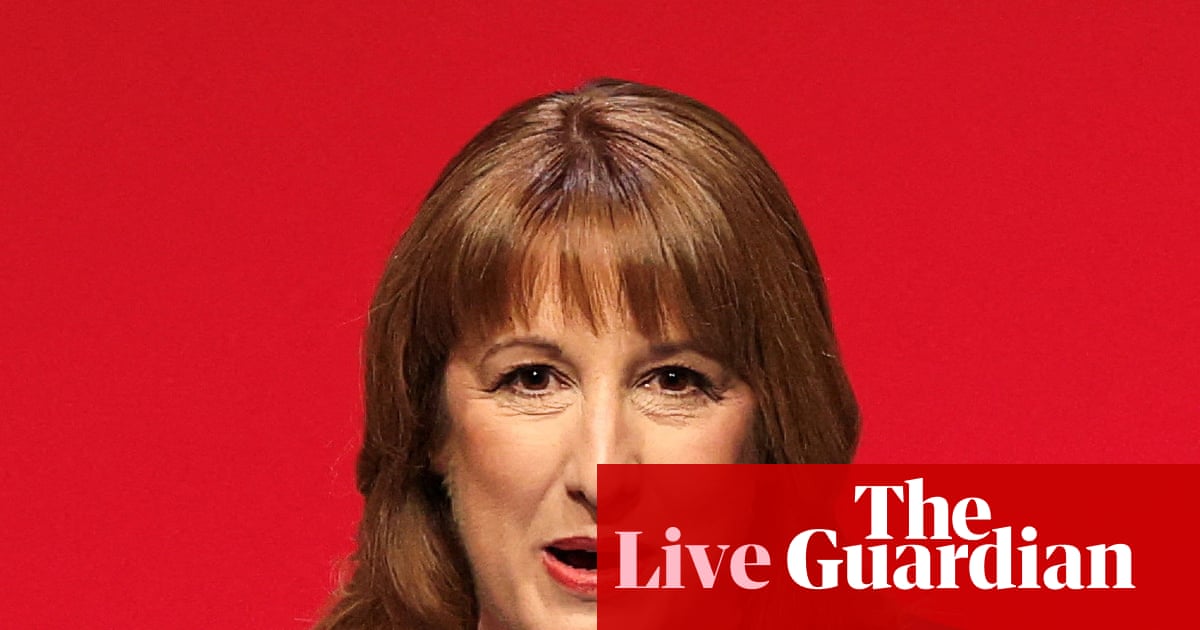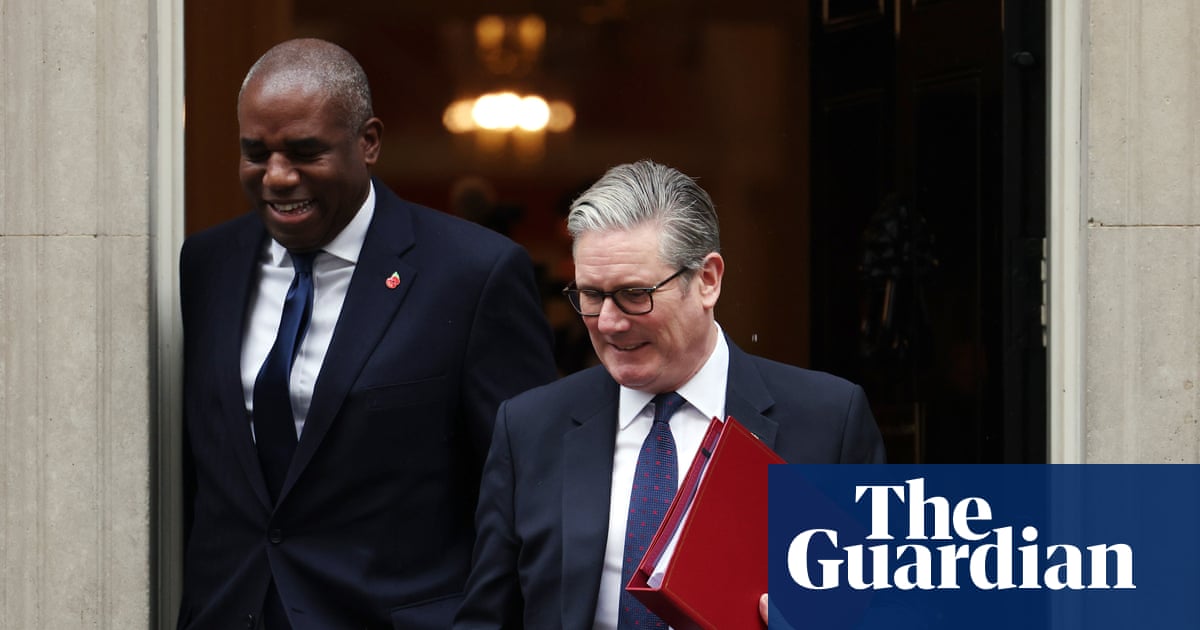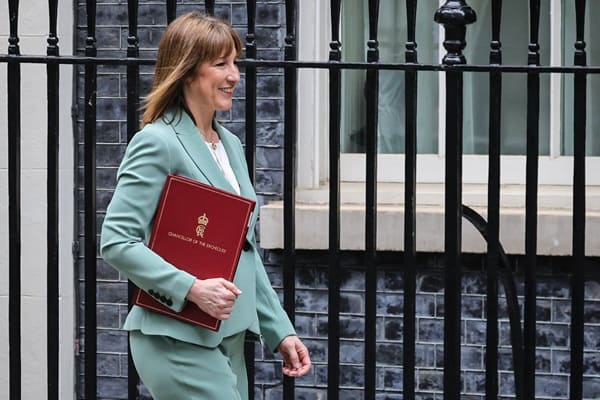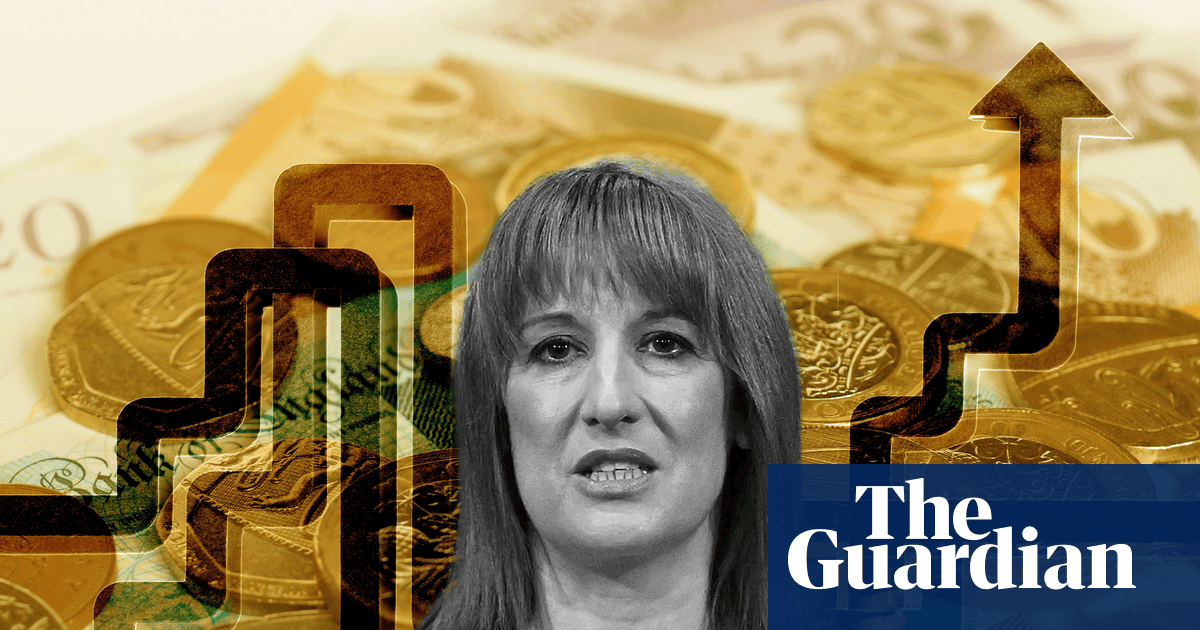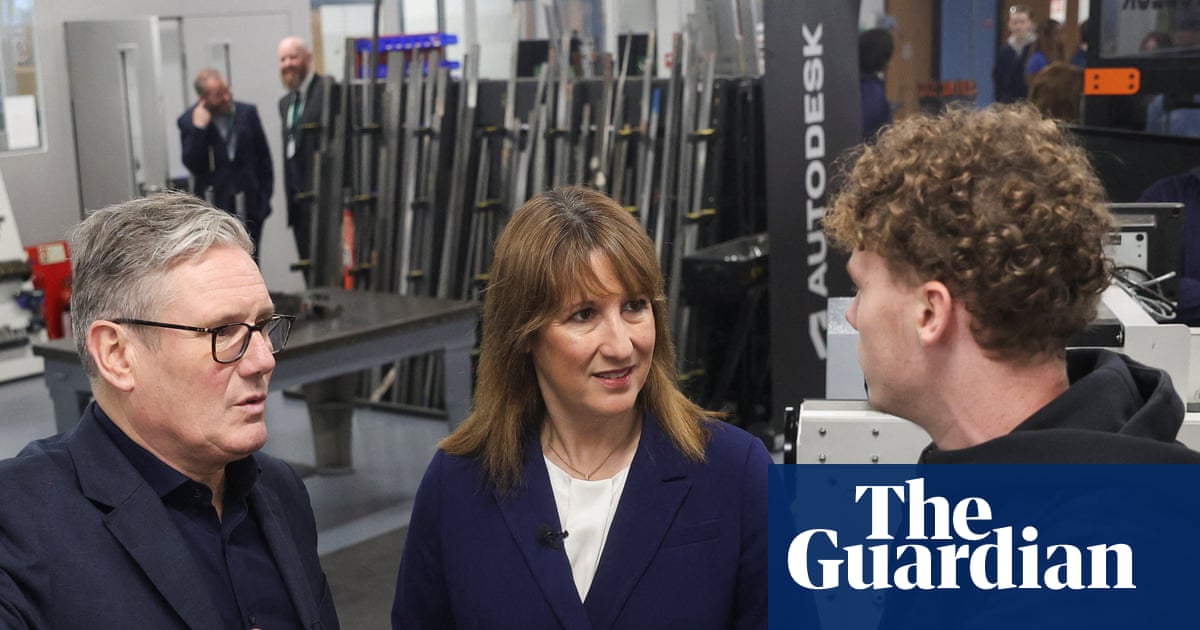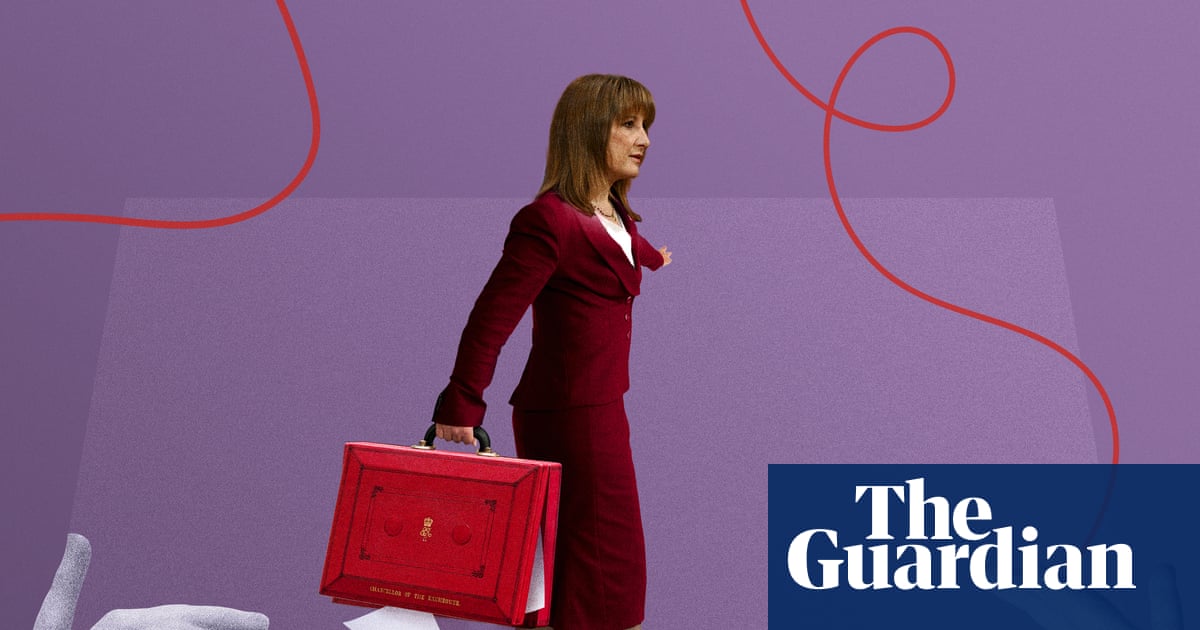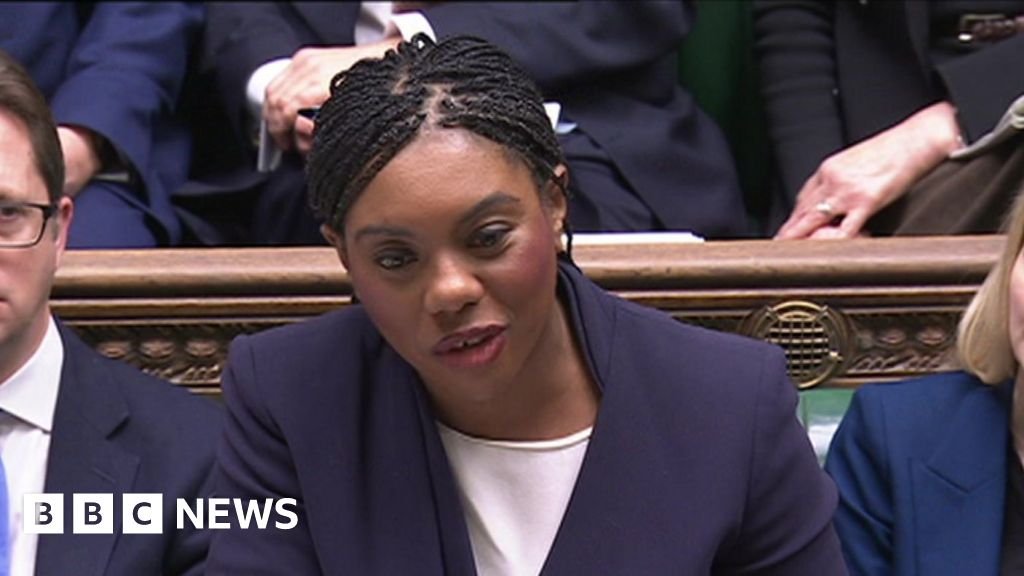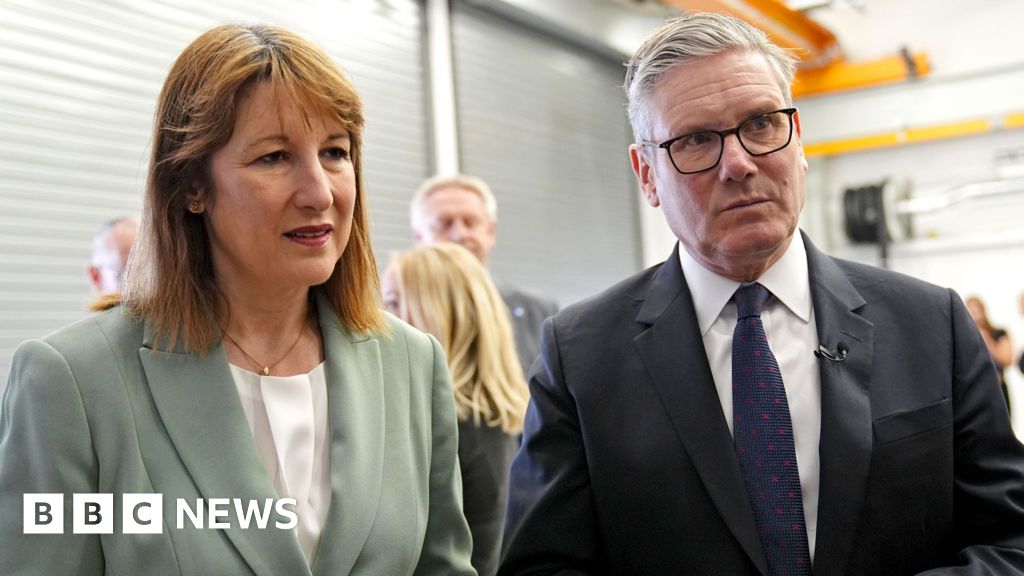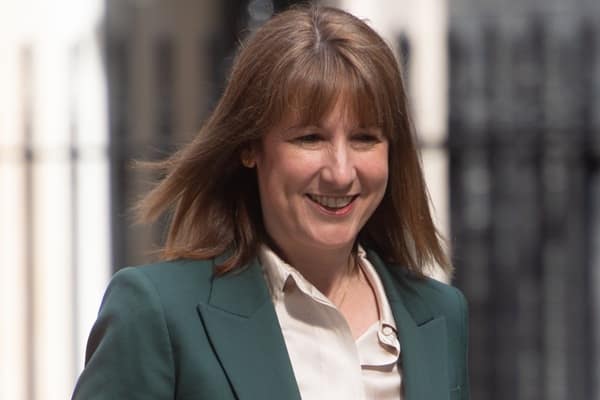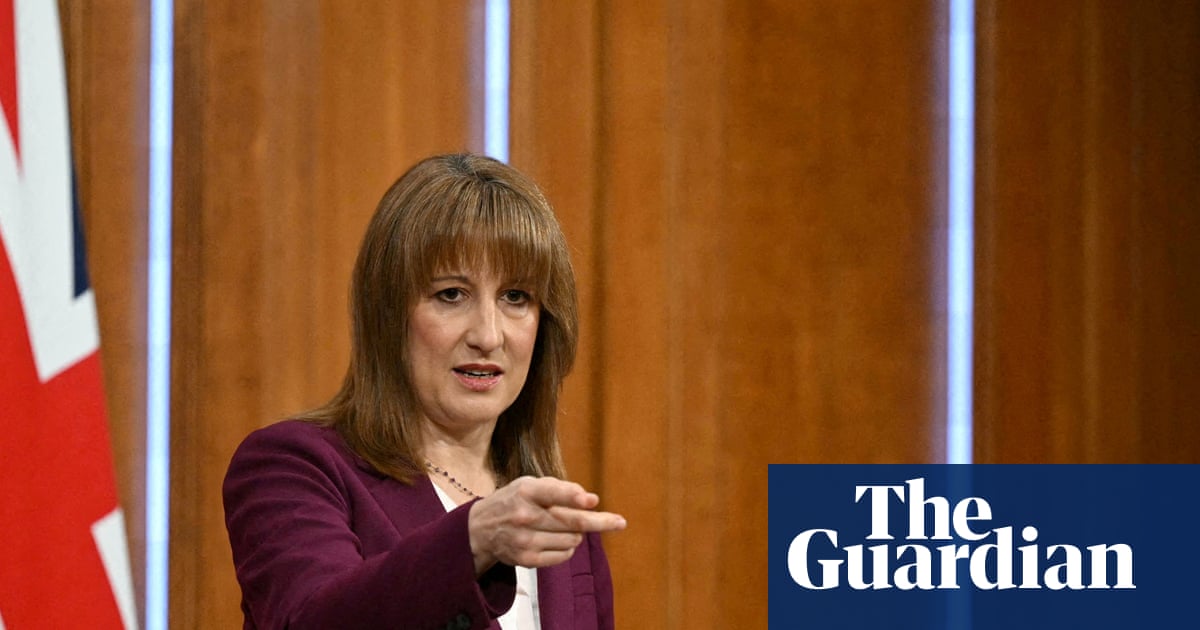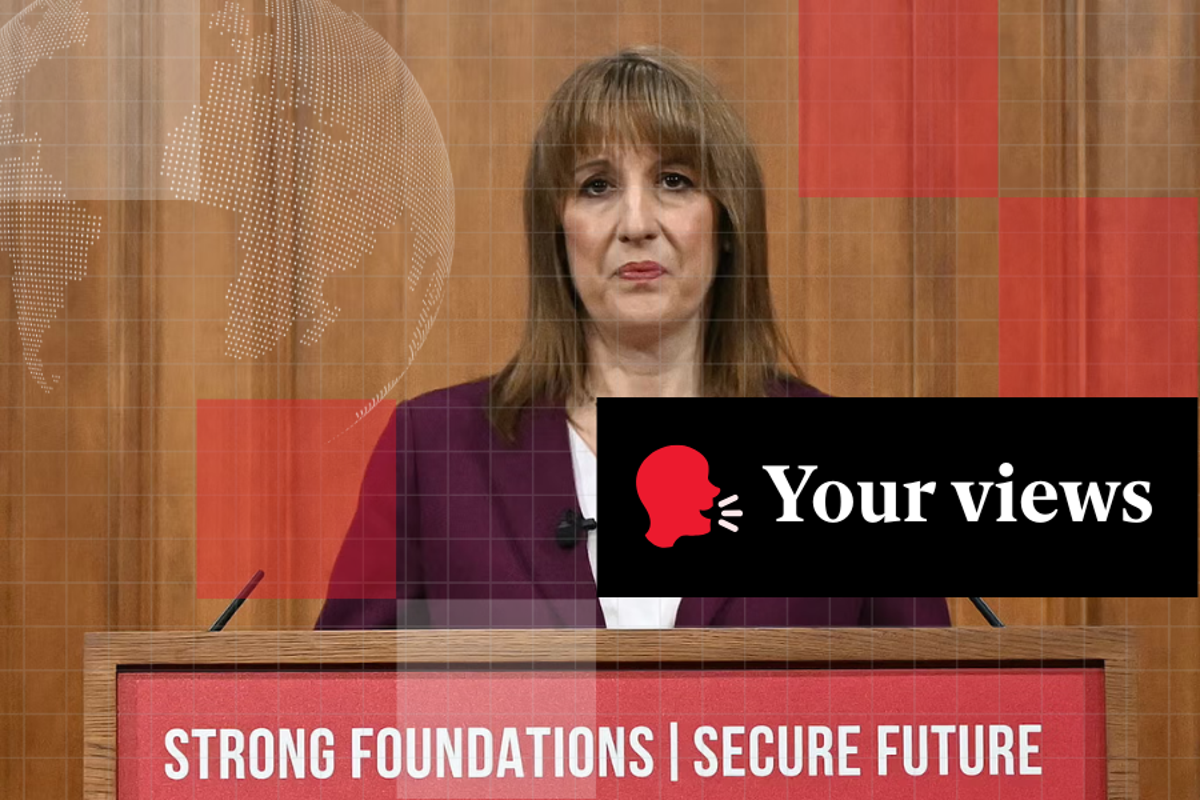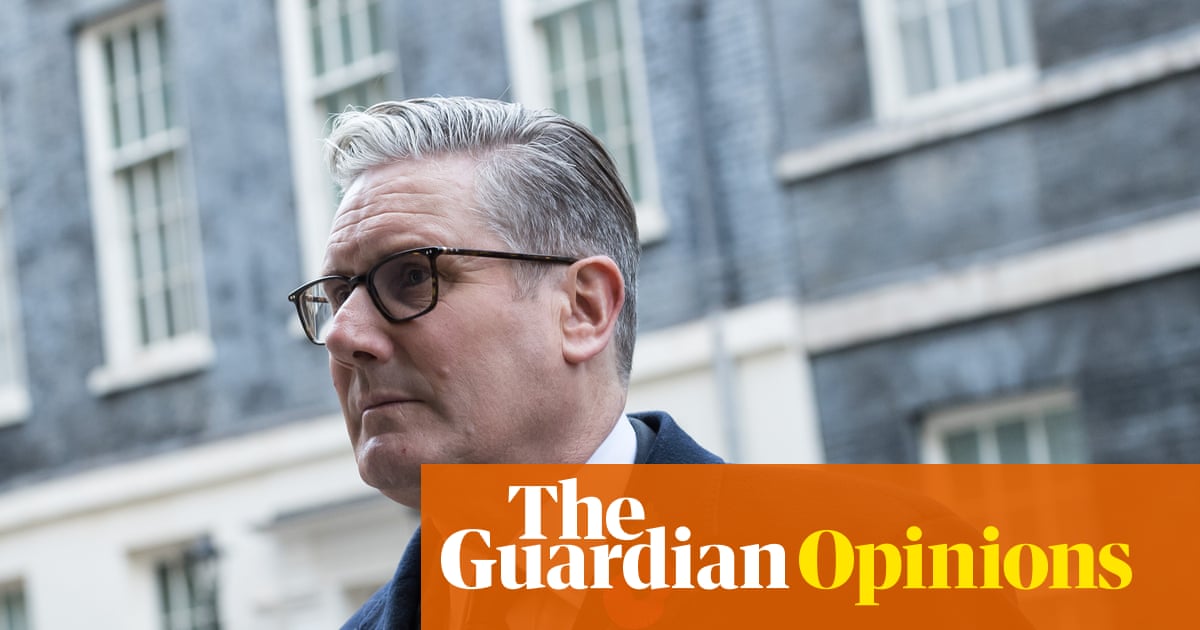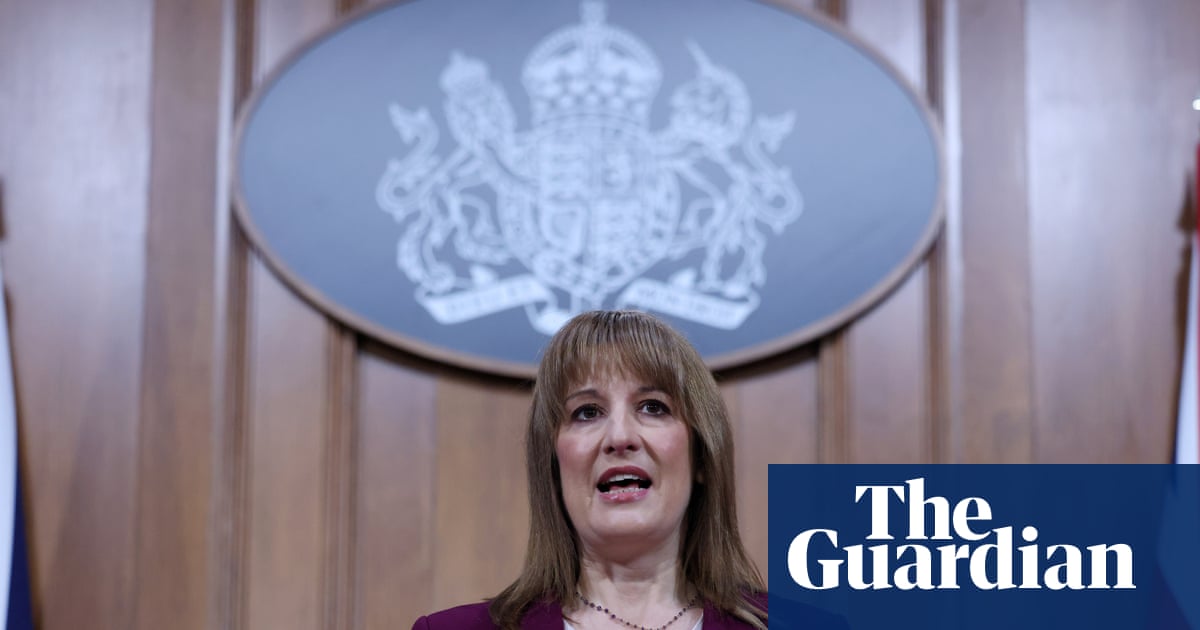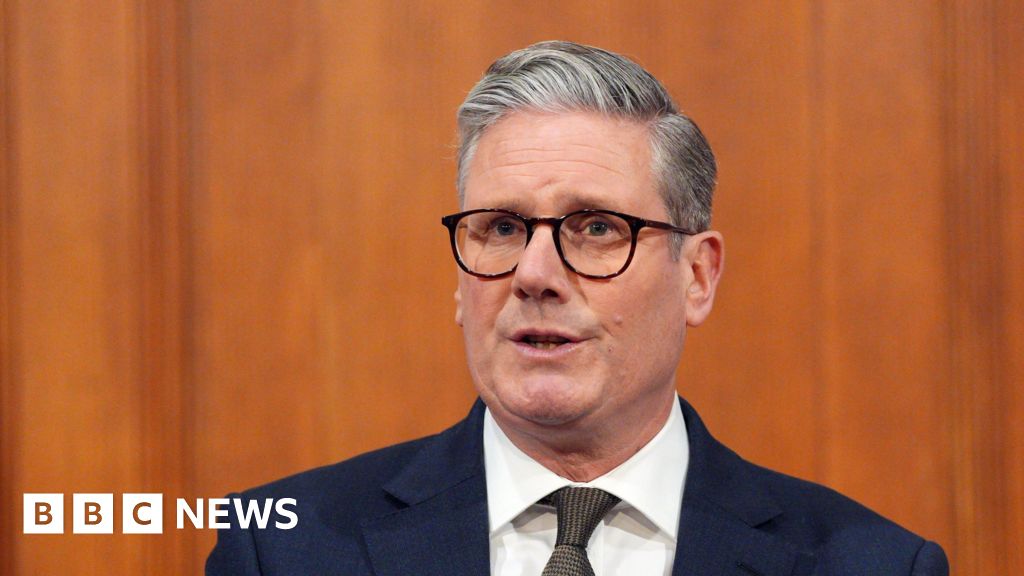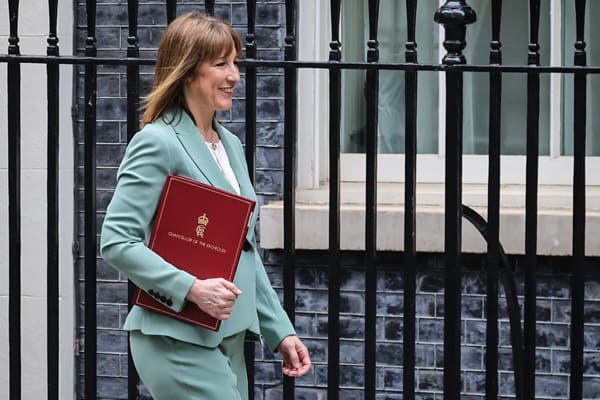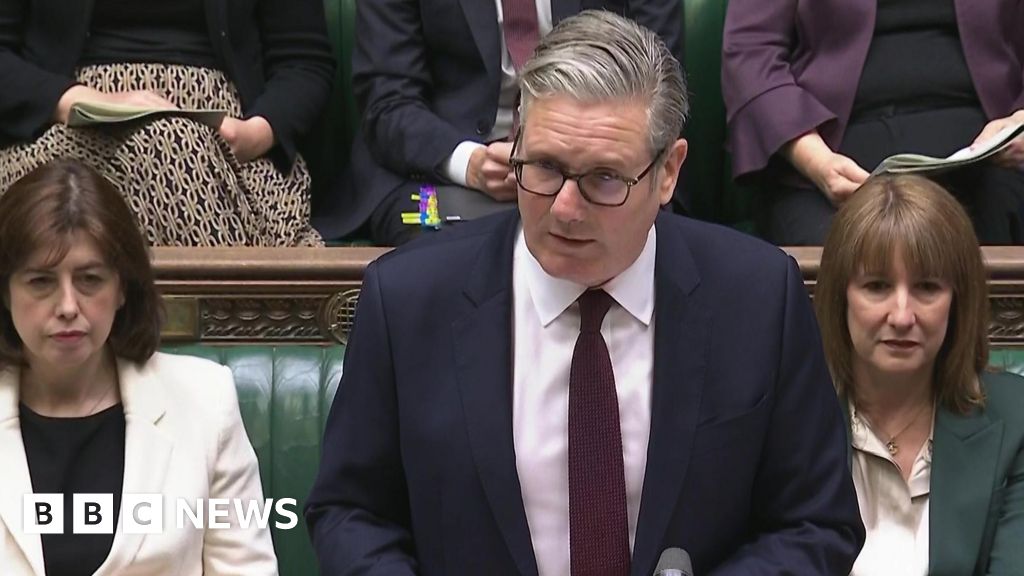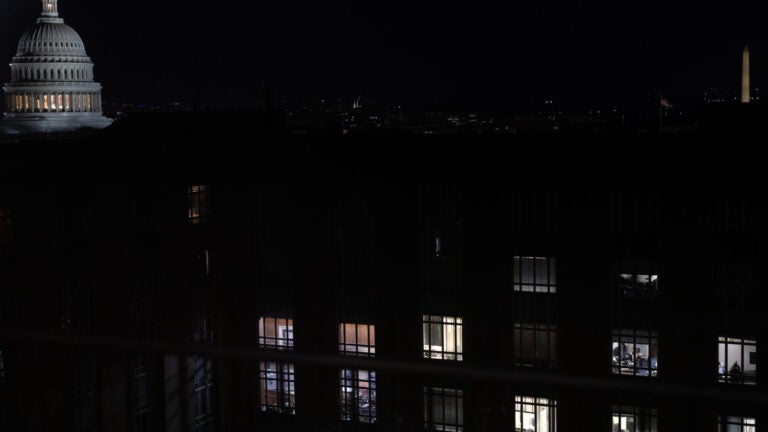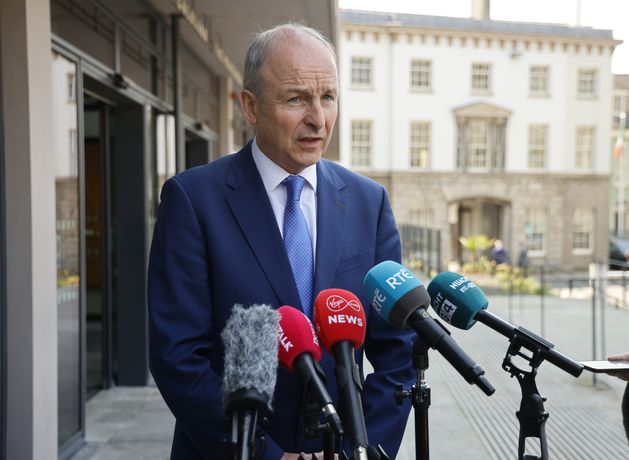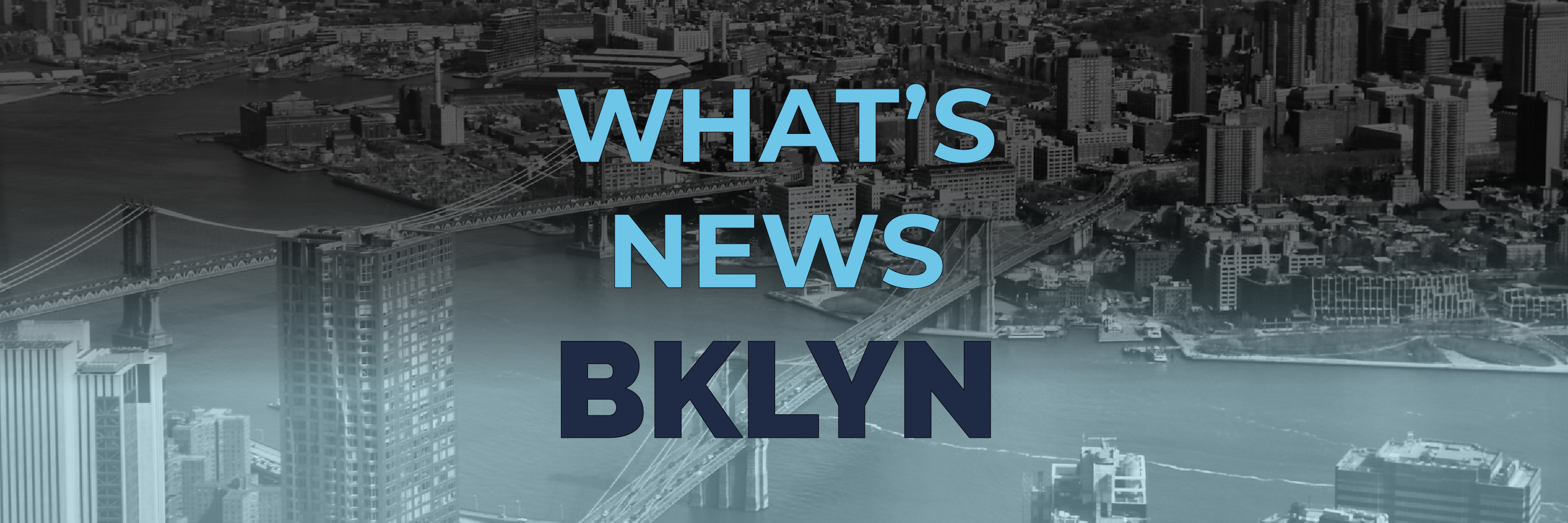#income-tax
#income-tax
[ follow ]
#uk-budget #budget #labour-party #public-finances #tax-thresholds #national-insurance #rachel-reeves #tax-policy
fromwww.theguardian.com
1 week agoReform says it would cut green policies to fund 2bn income tax cut in Scotland
He urged moderate unionists no longer represented by the Tories and rational nationalists no longer represented by the SNP to find common ground in their support for Reform, but dismissed any prospect of a second referendum on independence in the medium term. I say no to the distraction of another referendum, for at least another 10 years, without ruling one out in the future, he said.
UK politics
UK politics
fromBusiness Matters
2 months agoWhat will Making Tax Digital for Income Tax mean for small businesses in 2026 and beyond?
From April 2026–2028, businesses, sole traders and landlords must keep digital records, submit quarterly updates via HMRC-recognised software and file an annual declaration.
UK politics
fromLondon Business News | Londonlovesbusiness.com
2 months agoMinister fumes the handling of the Budget 'has been a disaster' - London Business News | Londonlovesbusiness.com
Rachel Reeves denied lying about public finances after MPs accused her of misleading the Cabinet over a supposed "Black Hole" to justify tax rises.
fromwww.bbc.com
2 months agoMinister denies Budget leaks have damaged economy
Former Bank of England chief economist Andy Haldane told the BBC's Sunday with Laura Kuenssberg programme this was "the single biggest reason why [economic] growth has flatlined". In response, Alexander said there was always speculation in the run-up to Budgets but the chancellor had been clear about her priorities. Chancellor Rachel Reeves is widely expected to increase taxes in her Budget on Wednesday to help fill a multibillion-pound gap in her spending plans.
UK politics
fromwww.theguardian.com
2 months agoHave Reeves and Starmer missed the chance to ditch stealth taxes? | Phillip Inman
Stamp duty is a way to siphon off some of the gains when a property transaction goes through. Capital gains tax allows the state to take a slice of wealth after a sale. Never mind that both taxes deter people from buying and selling. It allows everyone to avoid the clearer, fairer annual tax on wealth that many economists support.
UK politics
fromwww.independent.co.uk
2 months agoIncome tax live: Markets spooked after Reeves U-turn on major Budget tax increase
Whether it's investigating the financials of Elon Musk's pro-Trump PAC or producing our latest documentary, 'The A Word', which shines a light on the American women fighting for reproductive rights, we know how important it is to parse out the facts from the messaging. At such a critical moment in US history, we need reporters on the ground. Your donation allows us to keep sending journalists to speak to both sides of the story.
UK politics
UK politics
fromwww.theguardian.com
2 months agoReeves to ditch income tax hike in UK budget; China suffers slowdown in factory output business live
Rachel Reeves will abandon a planned income tax rise in the 26 November budget; government signals focus on public interest and may adjust tax thresholds.
fromwww.theguardian.com
3 months agoProspect of breaking 50-year income tax taboo shows scale of Reeves's challenge
In April 1975, the Labour chancellor Denis Healey sought to grip the UK's runaway inflation and rising unemployment rates an economic crisis triggered by the shock rise in global oil prices by raising the basic rate of income tax. Now Rachel Reeves, faced with her own set of difficult economic circumstances, including a multi-billion-pound budget shortfall, is contemplating the same remedy breaking a 50-year taboo by becoming the first chancellor since Healey to hike the basic rate of income tax.
UK politics
Information security
fromTechCrunch
4 months agoExclusive: Bug in India's income tax portal exposed taxpayers' sensitive data
A security flaw in India's income tax e-Filing portal exposed taxpayers' personal, financial, and Aadhaar data; authorities fixed the vulnerability after researchers reported it.
fromwww.theguardian.com
4 months agoReeves urged to take 2p off employee NI and add it to income tax in budget
In a report that will be closely scrutinised in the Treasury, it said an additional 6bn a year could be raised through a policy to cut employee national insurance by 2p, with a corresponding increase for all income tax bands. This is because income tax applies to a wider group of taxpayers than employee national insurance including pensioners, landlords and self-employed people.
UK politics
from24/7 Wall St.
9 months agoMy IRAs will soon cover only what I spend - should I pause Roth conversions given the current tax rates?
Retirees need to stay informed about income taxes, as the potential threat of enforced tax collection has decreased, allowing current tax brackets to remain stable.
Retirement
California
fromThe Mercury News
9 months agoIncome tax filings are due Tuesday: Many Bay Area filers will get a check back from Uncle Sam
Many Americans overpay their taxes and receive refunds, which are essentially their own money being returned.
The average tax refund for U.S. filers is nearly $3,300, with California's average slightly higher.
[ Load more ]
